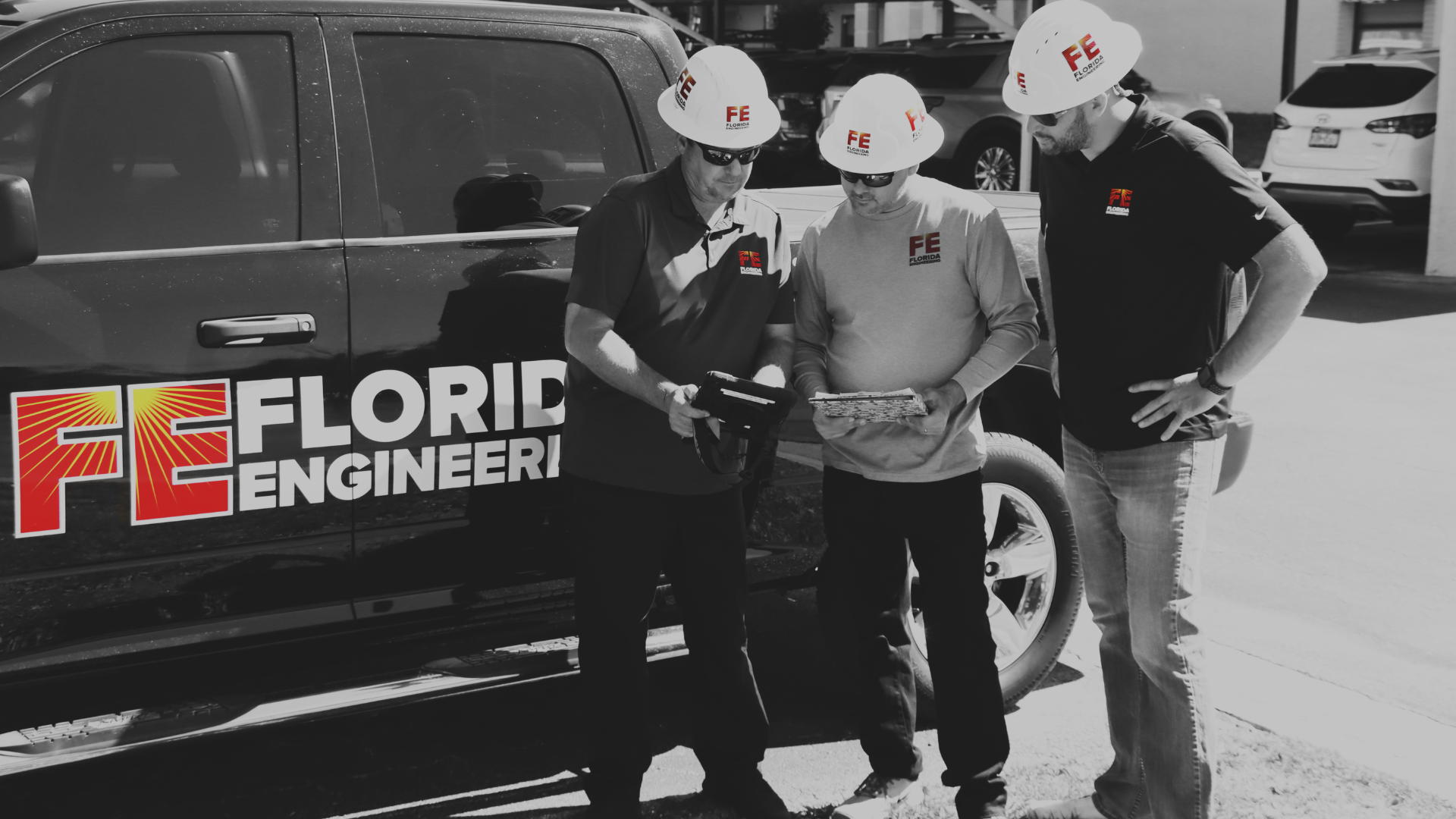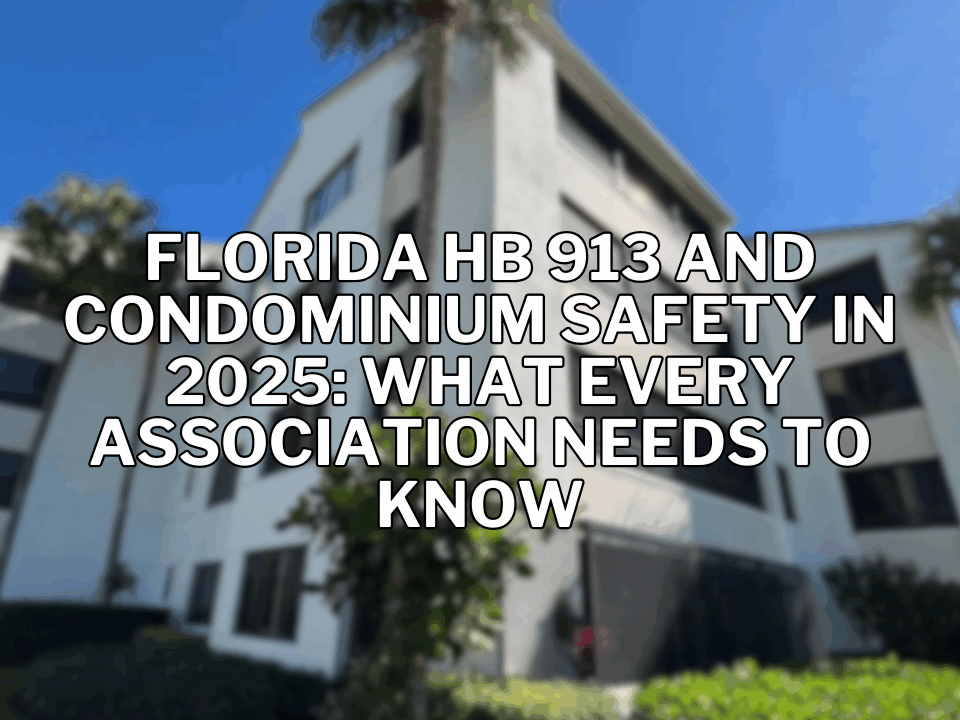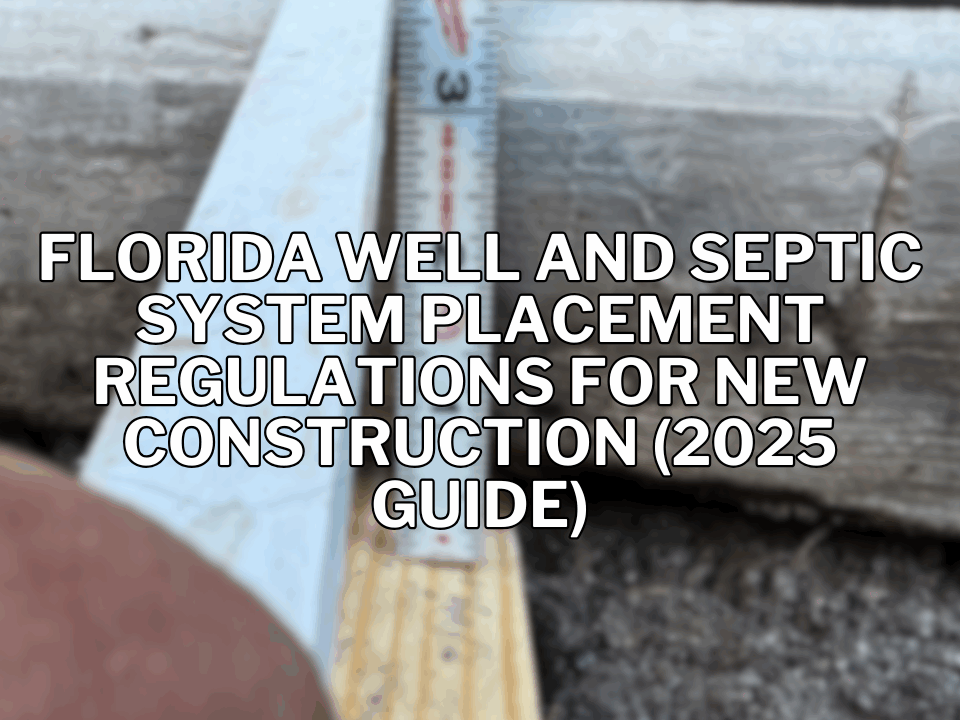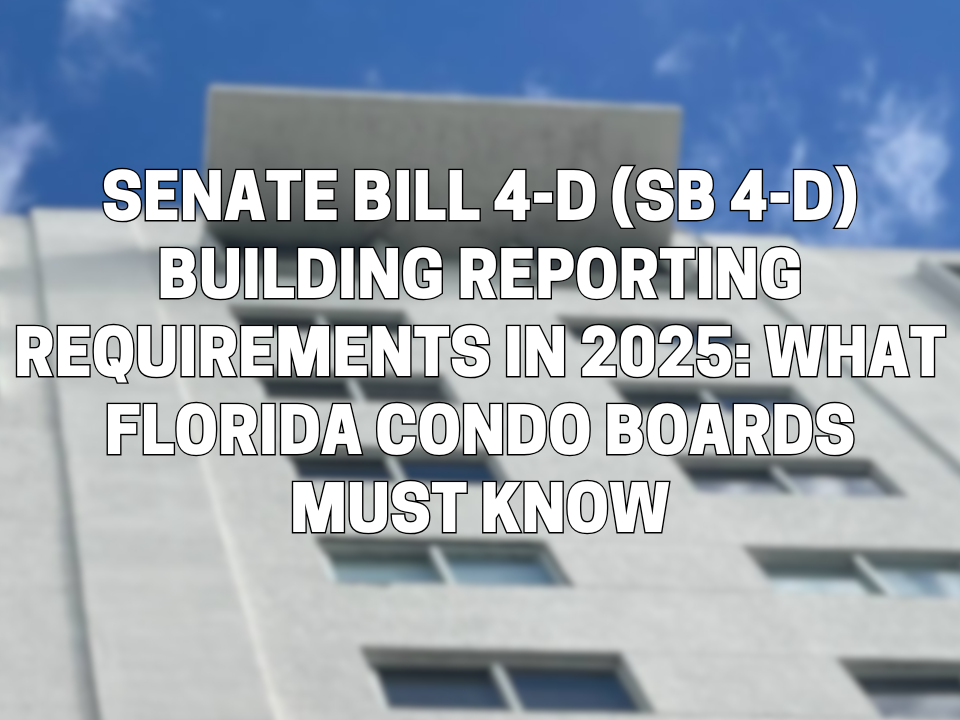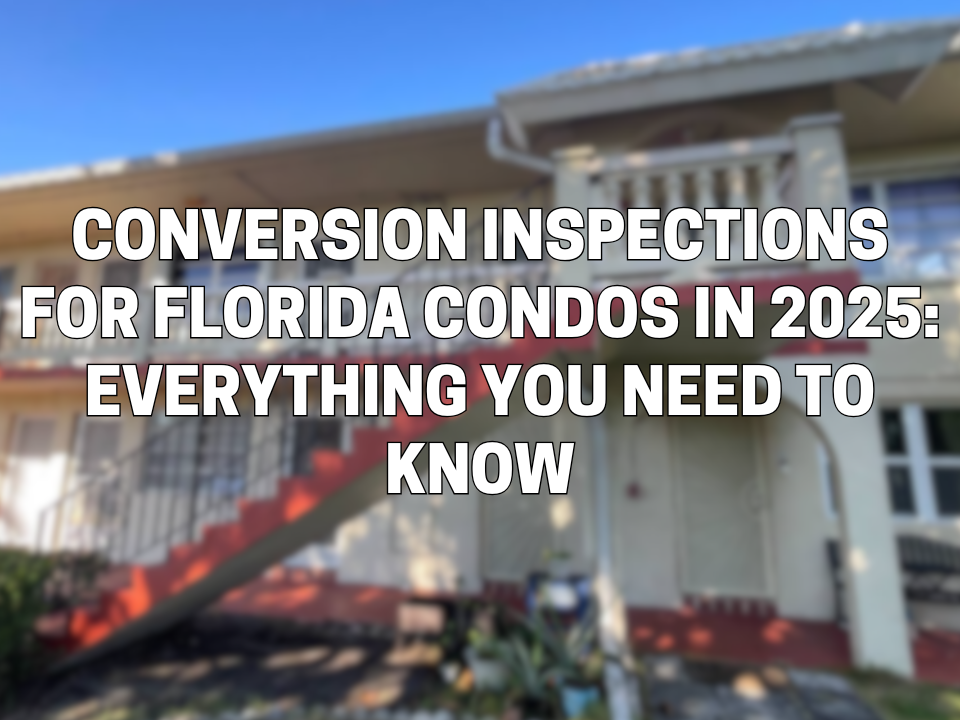
Florida Traditional Reserve Study
Complete Your Traditional Reserve Study with the Experts at Florida Engineering
What is a Florida Traditional Reserve Study?
A Traditional Reserve Study in Florida is a detailed Financial Guide for Florida HOAs outlines strategic steps for upcoming repairs and upkeep to maintain fiscal health and long-term viability.
This 30-year blueprint spots and evaluates shared assets (such as roofs, paintwork, fences, and pavements), noting their present state, remaining lifespan, and repair or replacement costs.
A Traditional Reserve Study offers a maintenance schedule and financing strategy, enabling the board to efficiently oversee these elements. Vital for your association's budget planning, adhering to this guide ensures seamless financial transitions annually, reducing or negating special levies.


The Key Components of a Traditional Reserve Study
Component Analysis - This part involves a thorough inventory of all significant components the association is responsible for, such as roofs, pools, and roads. Each component is documented meticulously to ensure every significant aspect is accounted for and evaluated.
Life and Cost Estimates - This section assesses three critical aspects for each listed component: the Current Replacement Cost (how much it would cost to replace the component today), the Remaining Useful Life (how many more years the component can function effectively), and the Total Useful Life (the expected lifespan of the component from its inception)
Funding Analysis - The analysis calculates how much should be periodically set aside in reserve funds based on the costs and timelines established in the Life and Cost Estimates. This proactive approach ensures that adequate funds are available when repairs or replacements are necessary, helping to avoid financial shortfalls.
Recommendations - Based on the data gathered, this section outlines specific funding strategies to support the financial health of the community. These recommendations are designed to help associations make informed decisions that align the community's infrastructural needs with its financial capabilities.
Is a reserve study required in Florida?
A traditional reserve study is typically required in Florida for condominiums and homeowners associations. Florida Statutes do not specifically mandate HOAs to conduct reserve studies or to establish reserve funds. The requirement for reserves in HOAs is typically dictated by the association's governing documents. Florida law mandates that condominium associations conduct a reserve study and fund reserve accounts for certain common elements like roofing, paving, and painting, as well as any other item that has a deferred maintenance expense or replacement cost exceeding $10,000.
-
Reserve Requirements (Section 718.112(2)(f), Florida Statutes): This section requires condominium associations to include reserves for capital expenditures and deferred maintenance in their budgets. These reserves must cover roofing, building painting, pavement resurfacing, and any other item that has a deferred maintenance expense or replacement cost exceeding $10,000.
-
Funding of Reserves (Section 718.112(2)(f)1., Florida Statutes): Reserves must be funded based on a formula that takes into account the estimated remaining useful life and replacement cost or deferred maintenance expense of each reserve item.


Is a Traditional Reserve Study Beneficial?
Reserve studies are highly beneficial for condominium and homeowners associations for several reasons:
- Financial Planning: They provide a detailed forecast of future repairs and replacements, helping associations plan financially and avoid sudden, large assessments.
- Fair Cost Allocation: Reserve studies ensure fair distribution of maintenance costs among homeowners, making sure costs are shared equitably over time.
- Property Value Preservation: By ensuring funds are available for necessary maintenance, reserve studies help maintain and potentially increase property values.
- Legal Compliance: Many regions require reserve funds by law. Reserve studies ensure compliance and can prevent legal issues.
- Proactive Maintenance: They identify potential issues early, allowing for timely maintenance that can prolong the life of property components and prevent expensive future repairs.
- Trust and Transparency: A clear financial and maintenance plan enhances community trust and supports fee and assessment decisions.
- Risk Mitigation: Adequately funded reserves reduce the risk of insufficient funds for critical repairs, thus maintaining property conditions and safety.
Frequently Asked Questions (FAQs) - Traditional Reserve Study
The Choice Is Clear
Choosing Florida Engineering means Fast. Accurate. Reliable. Results Everytime.
Top in the Industry
Over 125 Years of Experience
State-Wide Licensing
Florida Counties
Commitment to Excellence
States and Growing


